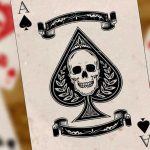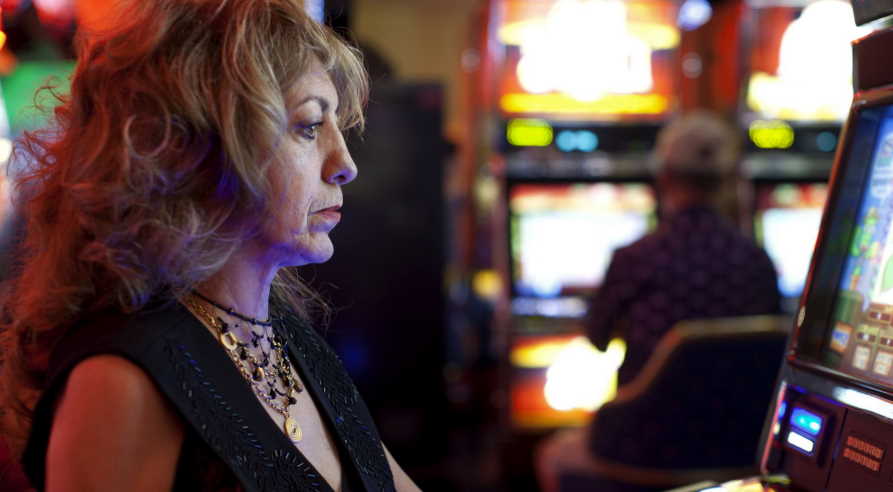
Is Gambling In The DSM 5?
The many labels are used to describe gambling problems that are a source of confusion for the public and frustration for researchers.
Commonly used terms are included problem, at risk, compulsive, disordered, and pathological gambling. These various terms are reflecting the efforts of researchers. It is described the various levels of severity observed gambling problems.
Gambling Disorder is a behavioral addiction diagnosis and it is introduced in the Diagnostic and Statistical Manual of Mental Disorders, fifth edition or DSM-5.

DSM 5 and gambling is the first formal recognition of behavioral addiction in the psychiatry text, which is considered the gold standard in the field of mental health.
Symptoms
Gambling Disorder is used by the American Psychiatric Association in the 5th edition of DSM. It is described as the most severe form of the disorder.
To meet the criteria for gambling in the DSM 5, a person has to have at least four of the problems identified below, within a 12 month period, in conjunction with persistent and pathological gambling changes in the DSM-5:

You need to gamble with more money to get the same excitement from gambling as before.
- It feels restless or irritable when trying to reduce or stop gambling.
- It keeps trying to reduce or stop gambling without success.
- Gambling is frequently on the person’s mind — both reliving past gambling experiences and planning future gambling events.
- Gambles when feeling depressed, guilty or anxious.
- Tries to win back gambling losses.
- It lies to cover up how much they are gambling.
- It loses not only money, but also relationships, their job, or a significant career opportunity as a result of gambling.
- It becomes dependent on other people to give them money to deal with financial problems that have been caused by gambling.